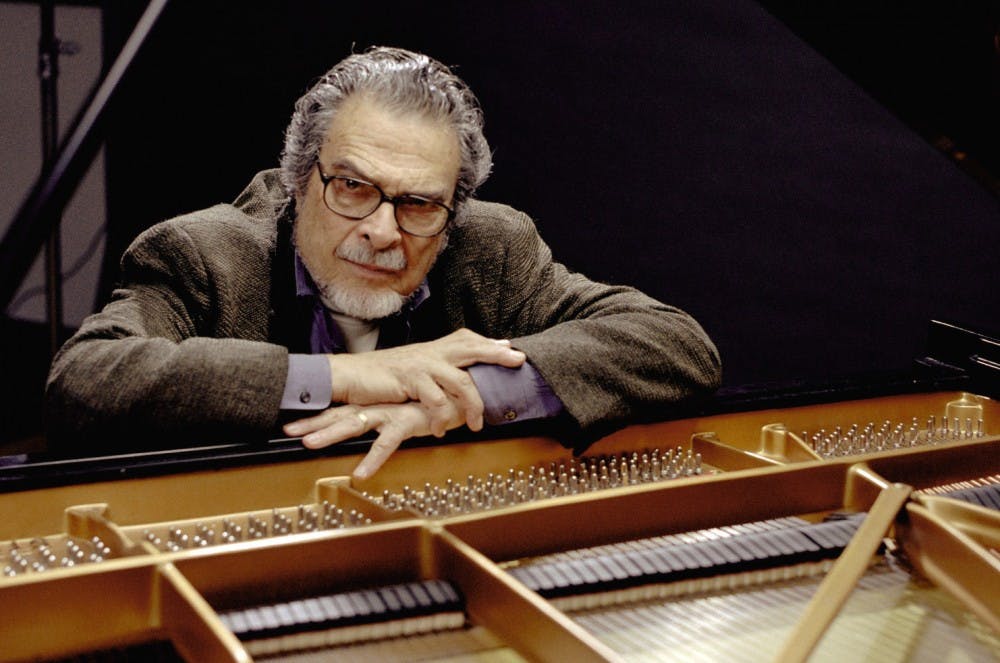For a pianist, hands are the key to success.
At the age of 36, Leon Fleisher — regarded at 16 as one of the most gifted pianists of his generation — lost that key.
Fleisher, who lacks control of his right hand, is performing a program of classical pieces tonight at Memorial Hall.
“He is the stuff of legends,” said Sean McKeithan, director of communications and marketing for Carolina Performing Arts.
“He’s one of the brightest stars of piano and of classical music, period.”
Fleisher was set to perform on the Memorial Hall stage in September, but he was forced to reschedule citing personal health issues.
Trained in the German school of Beethoven and Mozart by Artur Schnabel, Fleisher first performed publicly at 4 years old.
By 16, he had accompanied the New York Philharmonic and, during the next two decades, came to be known as the most talented pianist of the time.
In 1965, after getting stitches in his right thumb, his control of his right hand began to disintegrate.




